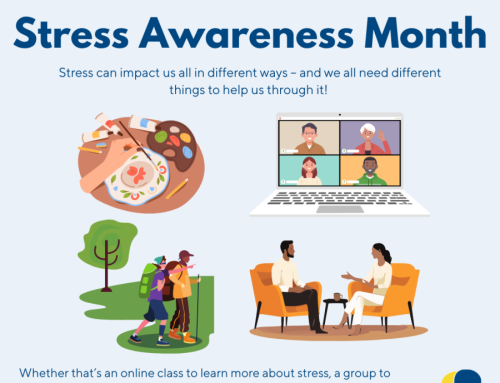You may be aware that in Touchstone we have Dementia Champions linked to our main sites. I am the Dementia Champion for Haslewood Drive offices and the Touchstone IAPT team where we offer treatment for people experiencing common mental health services, with a focus on patients from BAME and marginalised communities. We think about dementia in our decision making as it can present a lot like depression. It is estimated that there are 850,000 people living with dementia in the UK of which 5% are under 65 and 3% come from BME communities.
In 2017-18 Touchstone IAPT did not record any concerns around patients living with dementia accessing our site and services, however with 5000 patients in contact with the IAPT service at any one time and with about 1% of people living with dementia it is essential that we remain mindful of this condition.
There is some evidence that people from certain ethnic communities are at higher risk of dementia than others. For example, South Asian people (from countries such as India and Pakistan) seem to develop dementia – particularly vascular dementia – more often than white Europeans. South Asians are well known to be at a higher risk of stroke, heart disease and diabetes, and this is thought to explain the higher dementia risk. Similarly, people of African or African-Caribbean origin seem to develop dementia more often. They are known to be more prone to diabetes and stroke. All of these effects are probably down to a mix of differences in diet, smoking, exercise and genes.
What is dementia?
Dementia is a syndrome (a group of related symptoms) associated with an ongoing decline of the brain and its abilities. This includes problems with:
- memory loss
- thinking speed
- mental agility
- language
- understanding
- judgement
People with dementia can lose interest in their usual activities, and have problems controlling their emotions. They may also find social situations challenging, lose interest in socialising, even aspects of their personality may change.
A person with dementia may lose empathy (understanding and compassion), they may see or hear things that other people do not (hallucinations), or they may make false claims or statements.
A person with dementia may have symptoms similar to stress or depression or other more complex mental health problems.
What can I do to support people with dementia in my role?
Please consider becoming a Dementia Friend by having training through the Alzheimer’s Society:
https://www.dementiafriends.org.uk/
Touchstone Dementia Champions can offer you training and you will be rewarded with a snazzy badge!
How can I get advice and support for my BAME service users and their family?
You can access one-to-one support through Ripal at our Touchstone BME Dementia Service:
https://www.touchstonesupport.org.uk/services/bme-dementia-service/
We can, for instance, support people who are having memory problems and are struggling to get a diagnosis.
If I suspect someone who does not have a BAME background has undiagnosed dementia or that dementia is the main problem needing treatment what do I do next?
They can talk to their GP but specialist assessment and treatment is provided by Leeds and York Partnership Foundation Trust at The Memory Service and Younger People’s Dementia Team. They aim to provide assessment, diagnosis and appropriate treatment and interventions for people experiencing early dementia.
See here for more details:
http://www.leedsandyorkpft.nhs.uk/our_services/Leeds-Services/memory-dementia-leeds
What if the presentation is very severe?
They may be suitable for inpatient care also provided by Leeds and York Partnership Foundation Trust through Leeds Older People Inpatient Services.
See here for more details:
http://www.leedsandyorkpft.nhs.uk/our_services/Leeds-Services/Leeds_Older_Inpatient
What if these services are not indicated or dementia isn’t the main problem?
There is information on a wide range of services and other information you can signpost patients and their carers to at:
http://www.leeds.gov.uk/residents/Pages/Dementia-care.aspx





